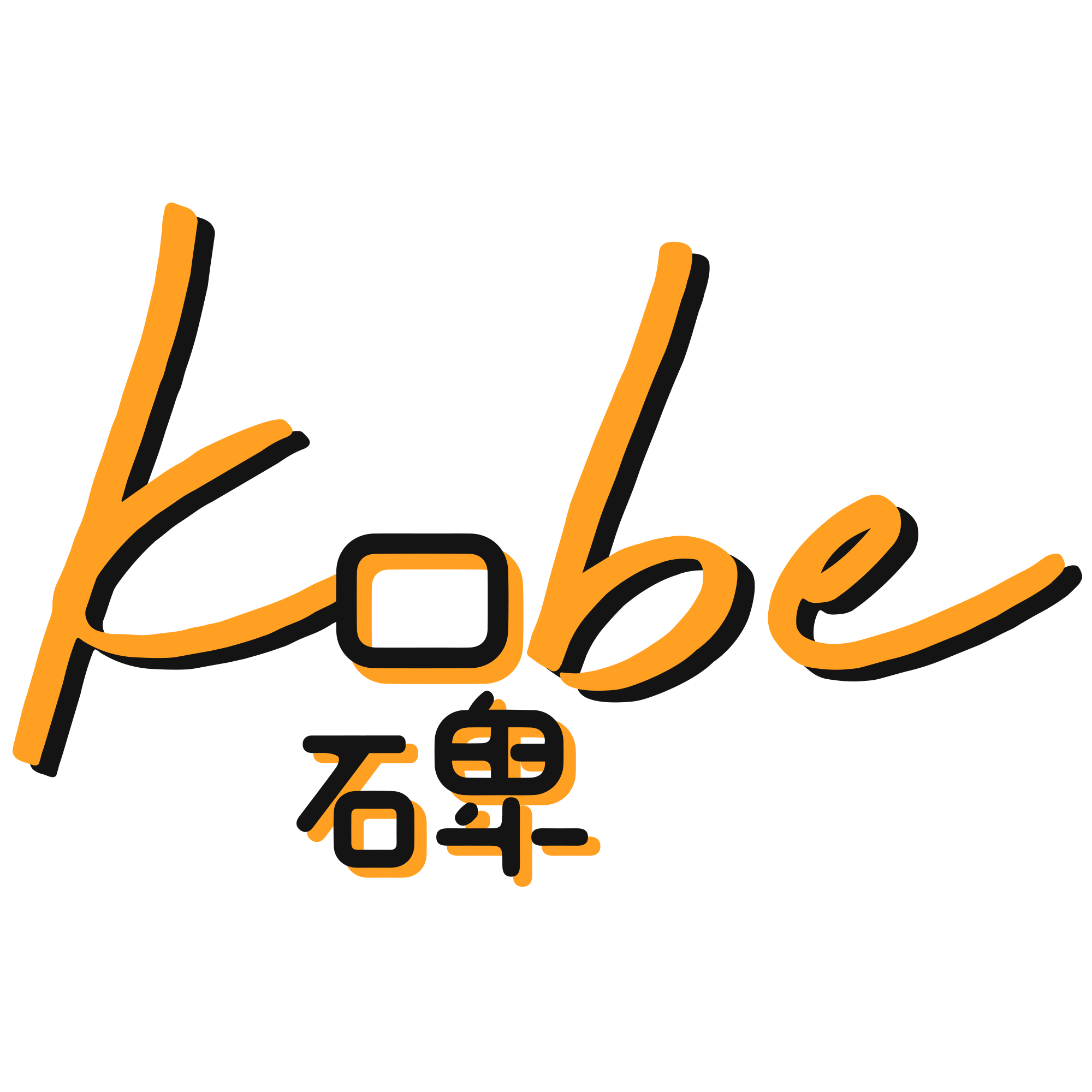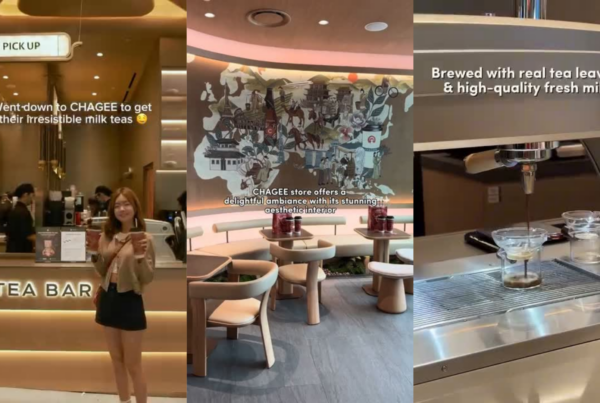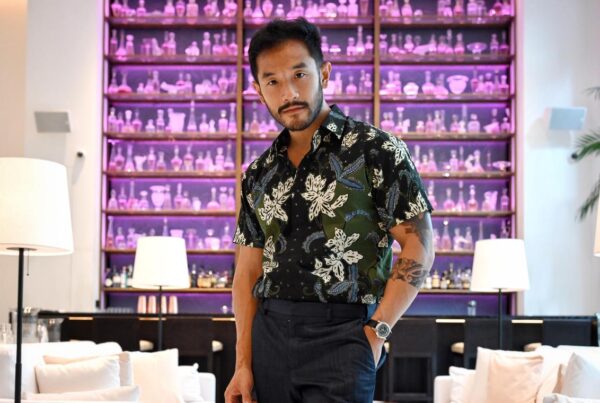For many years, Millennials have been the darlings of marketers. After all, this was the up and coming demographic group. Today, an increasing number of millennials have entered the workforce. In fact, due to the earning power of the many working Millennials, the attention on this demographic group has increased.
Therefore, today we will be touching on Millennial marketing – or more specifically, Millennial influencer marketing. This article touches on the unique characteristics of Millennials and how influencer marketing can be an effective tool to speak to this group of consumers.
How are Millennials special? | Millennial marketing

To start us off, Millennials generally refer to those born between 1981-1996. This means that in 2021, Millennials are between 25-40 years old. Millennials make up a significant proportion of the population.
In Singapore alone, Millennials make up 22% of our population. The significant proportion of Millennials is consistent in other economies including the USA, where Millennials account for approximately 30% of the total population.
What are some defining attributes of the Millennials? Well, contrary to being a ‘strawberry’ generation, Millennials are not spoiled and lazy. Many of them have experienced the 2008 recession. In fact, many fresh out of school Millennials were navigating the weathered economy at the point in time. Therefore, it would be a misnomer to deem them to be a spoilt, vulnerable and helpless generation.
That being said, Millennials, while working hard, do not forget to take good care of themselves. Traits like job satisfaction, work-life balance and self-care are equally important to this generation. Additionally, Millennials are also avid fans of enriching life experiences. From a relaxing day at the spa to a community service trip overseas, Millennials value the experience of such activities. Unsurprisingly, Millennials are commonly interested in the topics of travel, health, and wellness.
We then move on to the media consumption habits of Millennials. Unlike the Gen Zs, millennials might not be born in the age of the internet. However, Millennials have quickly adapted to technology like smartphones and social media. In fact, according to MediaKix, 9 in 10 Millennials are on social media. Additionally, this generation uses platforms like Instagram, Facebook and YouTube.
How does Millennial influencer marketing help? | Millennial marketing

Like the tech-savvy Gen Zs, Millennials are somewhat adverse to online advertisements. In fact, according to an online survey commissioned by Clever Real Estate, 75% of Millennials find ads annoying.
Additionally, the invention of ad blockers has allowed Millennials to cleverly bypass the online advertisements on the internet.
This seems contrary to the notion of the internet being a great marketing platform to reach out to Millennials. Well, the use of ad blockers does not necessarily prevent brands from reaching out to this demographic. You can use Influencer marketing as an alternative to traditional online advertisements or use it to complement your existing social media marketing strategy.
After all, influencer marketing allows you to bypass the ad blockers while providing a method for authentic connection. Celebrities were heavily used by marketers before the age of the internet. However, influencers are unlike celebrities. Influencers are ordinary people who have managed to gain a following on the internet due to their expertise. Therefore, unlike celebrity endorsements, influencer endorsements are deemed more authentic and more relatable for everyday consumers.
From the consumer’s perspective, an influencer posting about a holiday is similar to that of an online friend sharing about his/her lifestyle. This perhaps explains why 70% of Millennials relate more to creators than celebrities.
Influencer marketing tips | Millennial marketing

Now that we have an understanding of the effectiveness of influencer marketing for Millennials, how then do we conduct a Millennial influencer marketing campaign? Well, at the core of any campaign should be a focus on authenticity.
As established earlier, Millennials can be less receptive to traditional hard-selling advertisements. Therefore, your Millennial influencer marketing campaign should aim to be authentic to prevent any impression of hard selling.
How can you achieve authenticity in a campaign? You should ensure that branded content is consistent with the influencer’s usual image and tone. For instance, if humour is a big part of the influencer’s online persona, your marketing campaign might want to involve a humorous punchline. On the other hand, if you are working with an influencer who rarely cracks a joke online, sticking to the influencer’s usual demeanour would be the right thing to do.
You should aim for consistency. Incorporating the influencer’s voice into your branded content can ensure that the campaign appears authentic. After all, will it not seem artificial if your friend starts speaking in a different tone? Similarly, getting an influencer to change his/her tone online for that particular post would reduce the reliability of the particular campaign. Therefore, do think about your influencer’s usual content to ensure that the branded content is as authentic as possible.
Another tip would be to focus on the experiences of your consumers. Millennials are interested in enriching life experiences. Be it a spiritual trip overseas or Sunday brunch at a relaxing cafe, Millennials are interested in the experiences that life offers. In fact, 72% of millennials prefer to spend money on experiences rather than on material things.
Therefore, getting influencers to share anecdotal experiences with their consumers can be a great way to market to Millennials. Take the example of a headphone marketing campaign. Instead of getting your influencers to bombard their followers with technical information, a better way would be to get them to share their personal experience online.
A travel influencer could talk about how the headphones were a lifesaver on a plane ride, while a fitness influencer could talk about how the headphones were workout friendly. The point is to incorporate personal experiences in your influencer marketing campaign. By doing so, you are selling not only your product but an experience of using your product. This is perfect for Millennials who see the beauty of human experiences.
Conclusion
Every marketer knows that Millennials and their earning power will make a great target group. However, not every marketer is able to successfully reach out to this group of consumers. We hope that today’s article on Millennial influencer marketing would inspire more marketers to try out this alternative in connecting with Millennials.
Sources
Getcarro, blog/millennials-by-the-numbers-influencer-marketing-statistics/
Brands.joinstatus, marketing-gen-z-millenials






